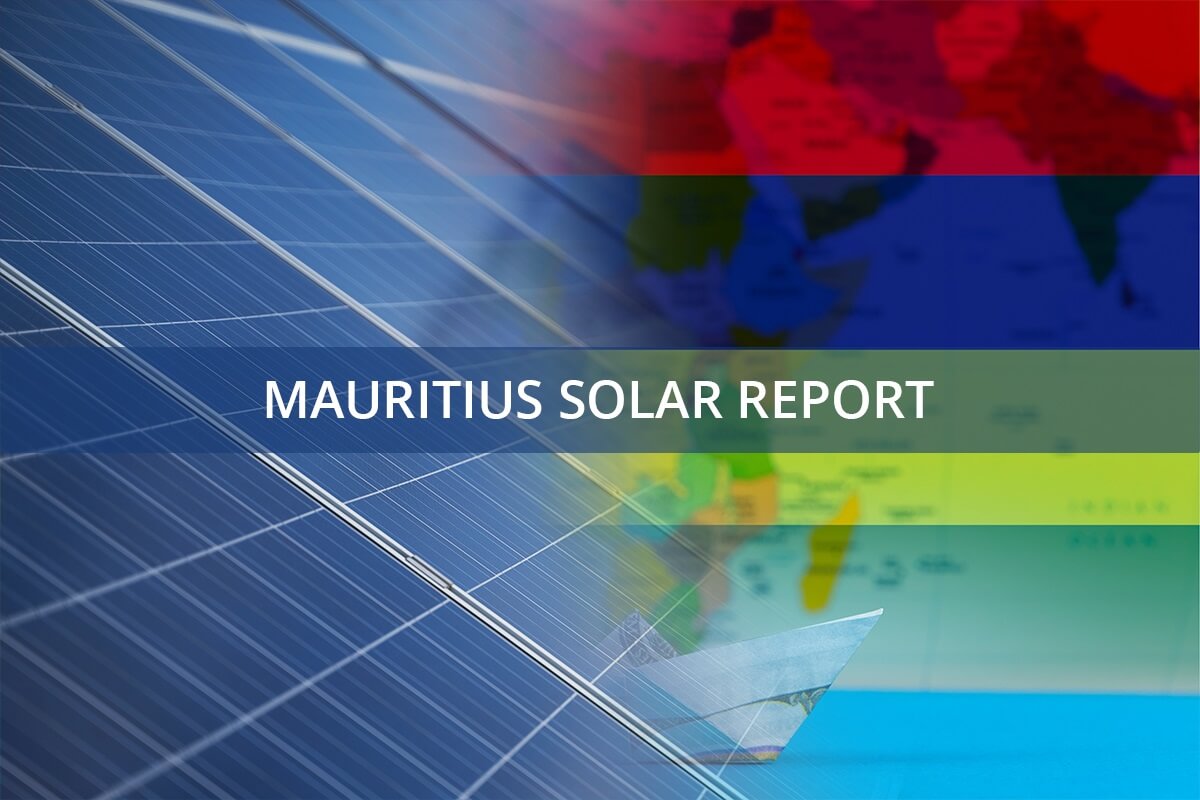Mauritius clean energy transition and the International Solar Alliance: A New Era in Clean Energy
Mauritius has taken a significant step towards a sustainable future by signing the Country Partnership Framework (CPF) with the International Solar Alliance (ISA). This strategic collaboration aims to bolster Mauritius’ transition to clean energy, focusing on the development and enhancement of solar energy and energy storage systems.
The Power of Solar in the Mauritius clean energy transition
The CPF is designed to provide Mauritius with the necessary support to expand its solar infrastructure. By harnessing the island’s abundant sunshine, the initiative not only aims to reduce electricity costs but also to improve energy security for the nation. The framework aligns with global efforts to mitigate climate change and transition to renewable energy sources.
Mauritius’ commitment to solar energy is part of a broader regional trend towards sustainable development. For instance, Seychelles has announced its 100 Percent Renewable Energy Strategy (SeyRES 100), aiming for a 15 percent transition to renewable energy by 2030. Similar initiatives across the region highlight the growing importance of renewable energy in achieving energy independence and environmental sustainability.
Leveraging International Support for the Mauritius clean energy transition
Mauritius’ partnership with the ISA is crucial for leveraging international expertise and resources. The ISA, a coalition of solar-rich countries, provides a platform for collaboration and knowledge exchange, helping member countries to implement effective solar solutions. This partnership is expected to facilitate technology transfer, capacity building, and financial support, ensuring that Mauritius can effectively implement its solar projects.
A Model for Energy Independence in the Mauritius clean energy transition
The CPF framework is a testament to Mauritius’ proactive approach to addressing energy challenges. By focusing on solar energy, Mauritius is not only reducing its carbon footprint but also setting an example for other island nations. The move towards solar energy is a strategic decision that promises multiple benefits, from economic savings to environmental protection.
The momentum for renewable energy is not just limited to Mauritius. Across the globe, projects like the Dohouè MySol Grid in Benin demonstrate the potential of solar mini-grids in providing reliable energy to remote communities. These initiatives underscore the transformative power of solar energy in driving sustainable development in diverse settings.
Conclusion: Advancing the Mauritius clean energy transition
The signing of the Country Partnership Framework with the International Solar Alliance marks a new chapter in Mauritius’ energy journey. By prioritizing solar energy, Mauritius is paving the way for a cleaner, more sustainable future. As the island nation embarks on this path, it sets a benchmark for others to follow, showcasing the potential of solar energy as a cornerstone of sustainable development.

